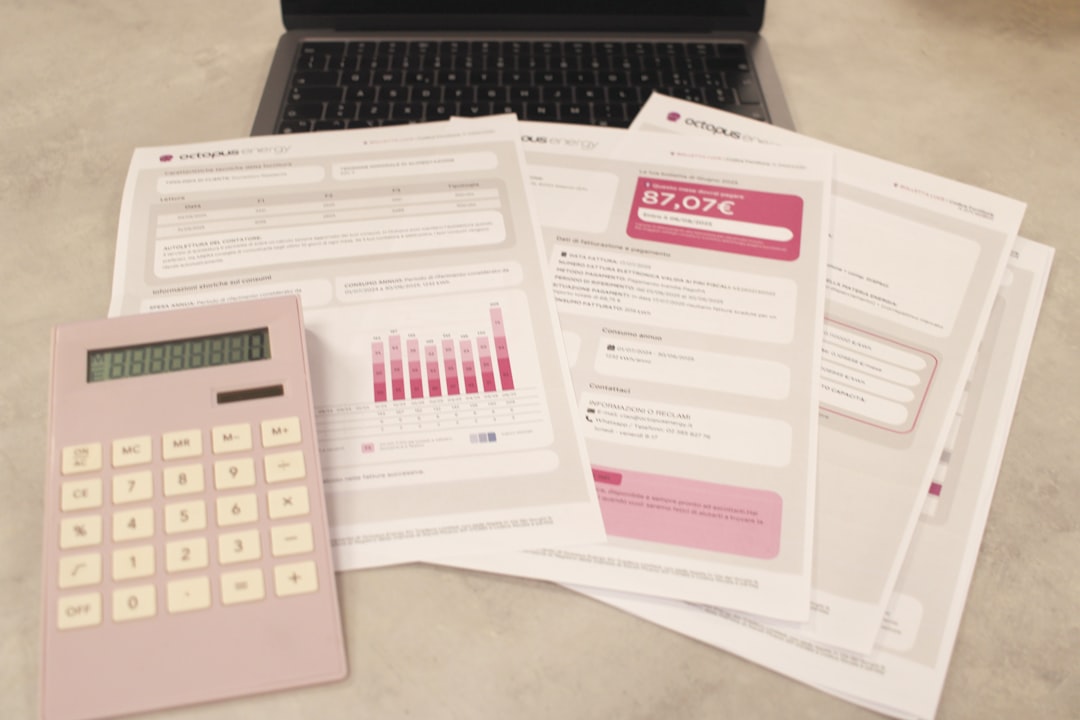Managing payroll may seem like a straightforward task, but for small businesses, it can quickly become time-consuming, complex, and fraught with compliance risks. As companies grow, even modestly, the responsibility of accurately compensating employees while adhering to local laws and tax regulations becomes more critical. This is where payroll software proves to be an indispensable tool. More than just calculating wages, payroll software streamlines operations, minimizes errors, and provides peace of mind.
Below are some of the most significant benefits of using payroll software for small businesses:
1. Time Efficiency
One of the biggest advantages of payroll software is the time it saves. Manually processing payroll is labor-intensive and prone to human error. With the right software:
- Pay schedules can be automated
- Tax calculations are handled internally
- Pay slips and reports are generated in minutes
This time-saving translates to lower operational costs and freeing up resources to focus on core business functions.
2. Increased Accuracy
Even small mistakes in payroll can lead to significant consequences, such as tax penalties or employee dissatisfaction. Payroll software greatly improves accuracy by:
- Reducing manual entry errors
- Automatically applying tax rates and deductions
- Ensuring calculations comply with current regulations

Most payroll systems are frequently updated to reflect the latest tax laws, helping businesses stay compliant and avoid costly errors.
3. Simplified Tax Compliance
Tax regulations can be difficult to navigate, especially for small business owners without a background in accounting. Payroll software often includes features that:
- Automatically calculate federal, state, and local taxes
- Generate year-end forms like W-2s and 1099s
- Provide reminders for filing deadlines
These features significantly reduce the risk of non-compliance and help businesses avoid financial penalties and audits.
4. Enhanced Data Security
Handling payroll involves sensitive employee information such as Social Security numbers, bank account details, and compensation figures. Unlike spreadsheets or manual systems, payroll software generally provides:
- Encrypted data storage
- Access controls to restrict unauthorized entry
- Secure backups to safeguard against data loss
Ensuring this level of data security is vital in protecting your business from breaches and fostering trust among employees.
5. Improved Record-Keeping
From audits to employee disputes, proper documentation is critical. Payroll software helps small businesses easily track and retrieve important records, including:
- Payment history
- Tax filings
- Time-off balances
This organized system minimizes the risk of compliance issues and helps in efficient internal reviews.

6. Employee Satisfaction and Transparency
Offering employees predictable pay, accurate deductions, and access to their payroll data can improve morale and trust. Many payroll software solutions provide employee self-service portals, enabling staff to:
- View and download pay slips
- Check tax withholding amounts
- Update personal information
This level of transparency can significantly reduce workplace tension and redundant HR requests.
7. Scalability and Integration
As your business grows, your payroll needs will become more complex. Payroll software is often scalable, allowing you to add more employees, adjust benefits packages, or handle multiple locations with ease. Additionally, many systems integrate with other business functions such as:
- Accounting systems
- Time tracking tools
- HR management platforms
This integration reduces duplication of effort and ensures consistency across departments.
Conclusion
Payroll software is more than a convenience—it’s a strategic investment for small businesses. It not only automates routine tasks but also ensures compliance, maintains security, and contributes to employee satisfaction. By choosing a reliable payroll solution, business owners can focus more on growth and innovation, knowing that their financial and regulatory responsibilities are being handled with precision.
In a competitive market, leveraging tools like payroll software can make a measurable difference in efficiency and credibility. For small businesses aiming for sustainable success, implementing a trustworthy payroll system is not just an option—it’s a necessity.
